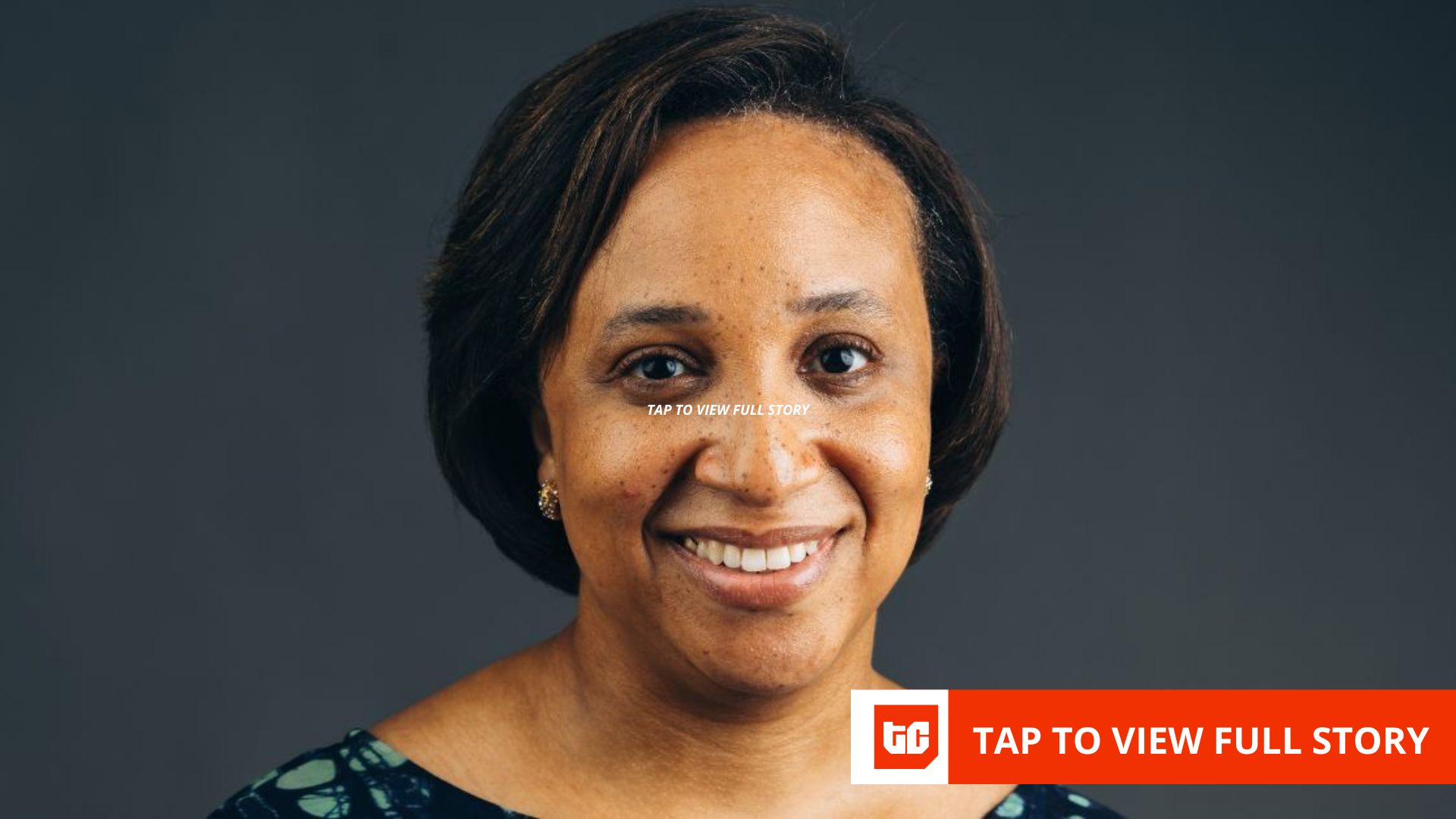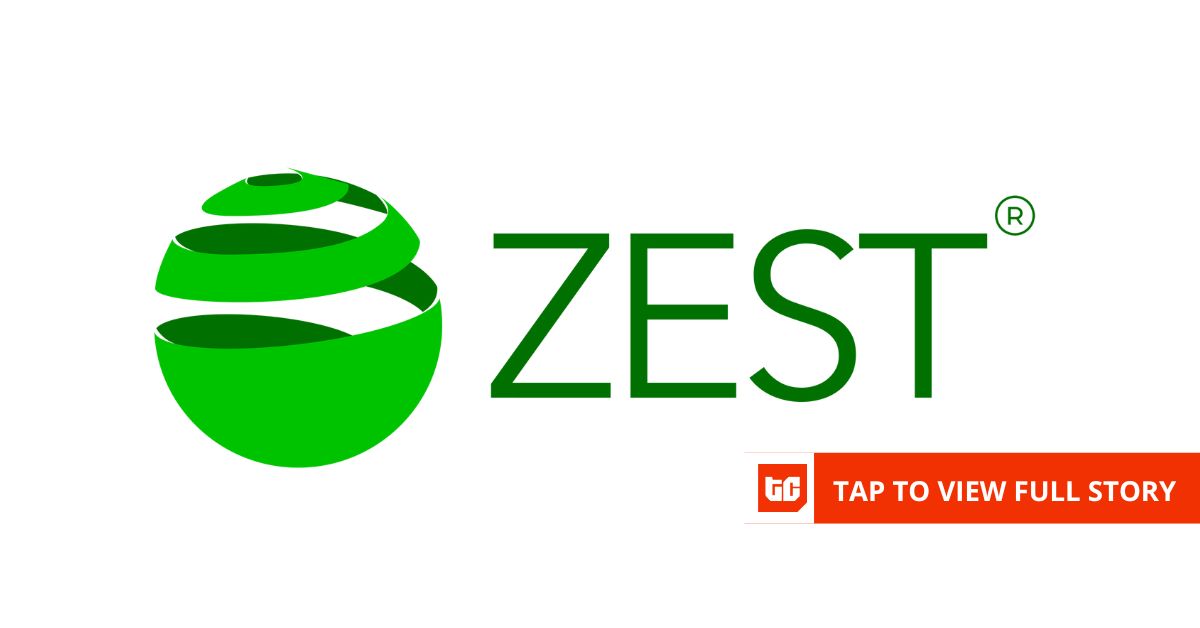Every month, Nigerian B2B digital commerce company Sabi facilitates the movement of more than 100,000 tons of lithium—a mineral in high demand from the electric vehicle industry— across West Africa, ranking among the region’s top five enablers of lithium exports. By digitising and formalising a traditionally opaque and informal trade system, Sabi is enabling informal retail merchants to digitise their operations, streamline inventory management, and connect with suppliers.
Africa holds nearly 30 percent of the world’s critical mineral reserves, from cobalt and lithium to manganese and rare earths, yet captures only a fraction of their value — between 10% to 20%. Decades of under-regulation, fragmented supply chains, and illicit trade have kept the continent from realising its full mining potential.
Sabi’s technology-driven model is changing that by building digital infrastructure that brings traceability, transparency, and compliance to Africa’s commodity markets, starting with the fast-growing lithium trade.
From market networks to mineral supply chains
Founded in 2020 by Anu Adedoyin Adasolum and Ademola (“Demmy”) Adesina, Sabi began as an offshoot of Rensource, a power distribution venture serving Nigeria’s informal markets. When COVID-19 disrupted trade, the company repurposed its internal logistics and payment tools to help merchants stay afloat during lockdowns.
That pivot evolved into a full-fledged B2B platform enabling informal businesses to access supply, logistics, and financial services, an operating system for African merchants.
“We weren’t a retail e-commerce platform like Jumia or Konga,” Adasolum told . “We were a business-to-business service platform curating several services critical to merchants’ growth.”
After gaining traction in sectors like Fast-Moving Consumer Goods (FMCG), electronics, and agriculture, Sabi set its sights on Africa’s next big industrial frontier: minerals.
“We realised that minerals were where Africa could make the biggest difference globally,” says Adasolum. “The world was changing geopolitically, and minerals were becoming central to that change. We saw an opportunity to help the continent build credibility and traceability in mineral supply chains.”
A digital passport for every mineral
At the core of Sabi’s mineral operations is TRACE, translated as “Technology Rails for African Commodities Exchange.” TRACE uses digital passports to verify and track every shipment of mineral from mine to export, documenting origin, quality, and compliance with local and international standards.
“Minerals aren’t like finished goods; everything depends on quality and traceability,” Adasolum explains. “Our platform ensures buyers know exactly where materials come from and how they were produced. It’s a big shift from the days of opaque transactions.”
Each shipment in TRACE carries a verified “mineral passport,” creating an auditable chain of custody that addresses one of Africa’s biggest reputational issues — the perception of illegal or unethical mining. “Traceability is the solution,” Adasolum says. “Every producer is verified, sites are audited, and every movement of material is logged. That level of transparency makes it nearly impossible for bad practices to go unnoticed.”
Moving 100,000 tons of Lithium monthly
Sabi’s mineral network has grown rapidly, particularly in the lithium trade. The company now facilitates approximately 100,000 tons of lithium exports monthly from West Africa, compared to around 50,000 tons it did in March 2025, placing it among the top five enablers of lithium shipments in the region.
But for Sabi, the measure of success isn’t volume alone. “Traditional metrics like GMV don’t reflect what we’re actually building,” Adasolum notes. “We track how much verified material we move, how many suppliers we bring into compliance, and how many transactions can withstand global audits. That’s the real sign of growth.”
Through TRACE, Sabi aggregates and verifies supply from small and mid-scale miners who would otherwise be shut out of international markets. “If a miner can only produce 50 tons, but a buyer needs 1,000, we coordinate, verify, and aggregate production,” Adasolum explains. “That’s how we help African producers access global opportunities.”
Building trust and global access for African miners
Sabi’s system goes beyond compliance; it is also an enabler for African producers who want to participate in the global value chain. Many small and mid-scale miners across Africa struggle to meet international buyers’ demands for consistent quantity and quality. Sabi helps bridge that gap by coordinating multiple producers, offering technical support, and standardising processes across its network.
“We work with producers across Nigeria and Southern Africa to ensure they meet quality and quantity requirements,” Adasolum says.
The company’s push aligns with broader efforts by Nigeria and other African governments to reform and modernise their mining sectors. In 2024, Nigeria’s Ministry of Solid Minerals Development revoked nearly 1,000 inactive mining titles and rolled out new policies to attract serious investors. By September 2025, authorities announced plans to revoke over 4,700 additional licences for non-payment of renewal fees, underscoring a renewed focus on accountability and sector efficiency.
The country hosts over 40 commercially viable minerals, including gold, bitumen, lithium, and iron ore. Yet the mining sector still contributes less than one percent to Nigeria’s GDP, a stark reminder of untapped potential.
By introducing traceability technology and compliance tools, Sabi enables producers to align with local mining regulations and global standards such as those used by the EU, U.S., and Asia. For example, the Mining Regulatory Clarity Act of 2025 in the US clarifies that mining support activities, such as waste storage and processing can legally operate on public lands without economically valuable minerals and establishes the Abandoned Hardrock Mine Fund to clean up legacy mining sites, restoring regulatory certainty to promote critical mineral production and supply chain security.
“Every country has its licencing requirements, but global buyers also have frameworks they must follow,” Adasolum notes. “What we’ve done is simplify that process; when you sign up to our system, you follow a clear roadmap that helps you meet both national and international standards over time.”
From data to development
Beyond software, Sabi’s model integrates technical advisory and on-ground capacity building. The company supports miners with training in quality control, processing, and value addition, often bringing in metallurgists and engineers to advise on production upgrades. In some cases, miners who started with manual tools have expanded to mechanised operations, increasing efficiency and output.
“There are communities that, two years ago, had no access to global contracts,” Adasolum says. “Today, they’re producing and earning from supplying international manufacturers. That’s development in real time.”
Sabi’s technology also improves the credibility of African minerals on the global stage, a crucial advantage as countries compete for supply security in the race to decarbonise their economies. China still dominates global refining and midstream processing, but Western nations are diversifying supply chains by investing in Africa. Initiatives like Sabi’s could make the continent more attractive for responsible sourcing and local beneficiation.
“The biggest opportunity for Africa lies in traceability,” says Adasolum. “Once provenance is clear, African producers can compete globally. It’s what will put us on the world stage.”
Addressing infrastructure gaps
Sabi operates in a complex environment shaped by infrastructure gaps, currency volatility, and regulatory red tape. “You can’t do global trade in Africa without facing foreign exchange challenges,” Adasolum admits. “But we work closely with financial institutions to manage those risks and make sure our partners can trade smoothly.”
Another challenge is scaling the adoption of the traceability platform across multiple countries. “It’s a distribution problem,” she says. “We’re pioneers in this space, and rolling out across diverse regions takes time and involves different languages, laws, and logistics.” Still, Sabi is expanding steadily, with operations in at least six countries: Nigeria, Kenya, South Africa, Zimbabwe, Tanzania, and the Democratic Republic of the Congo, and plans to grow its mineral portfolio further.
On the policy front, Adasolum believes governments are moving in the right direction. “Most of the countries we work in are eager to make mining work for their people,” she says. “The key is stability and openness to feedback. We’re seeing more engagement between public and private players, and that’s encouraging.”
“Our ambition is simple,” Adasolum concludes. “We want to secure supply and plug it into the right opportunities; to make sure that Africa’s resources are traded responsibly, traceably, and profitably for everyone involved. This isn’t just about minerals. It’s about building systems that let Africa play at the highest level.”










